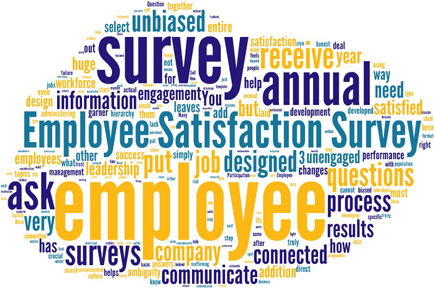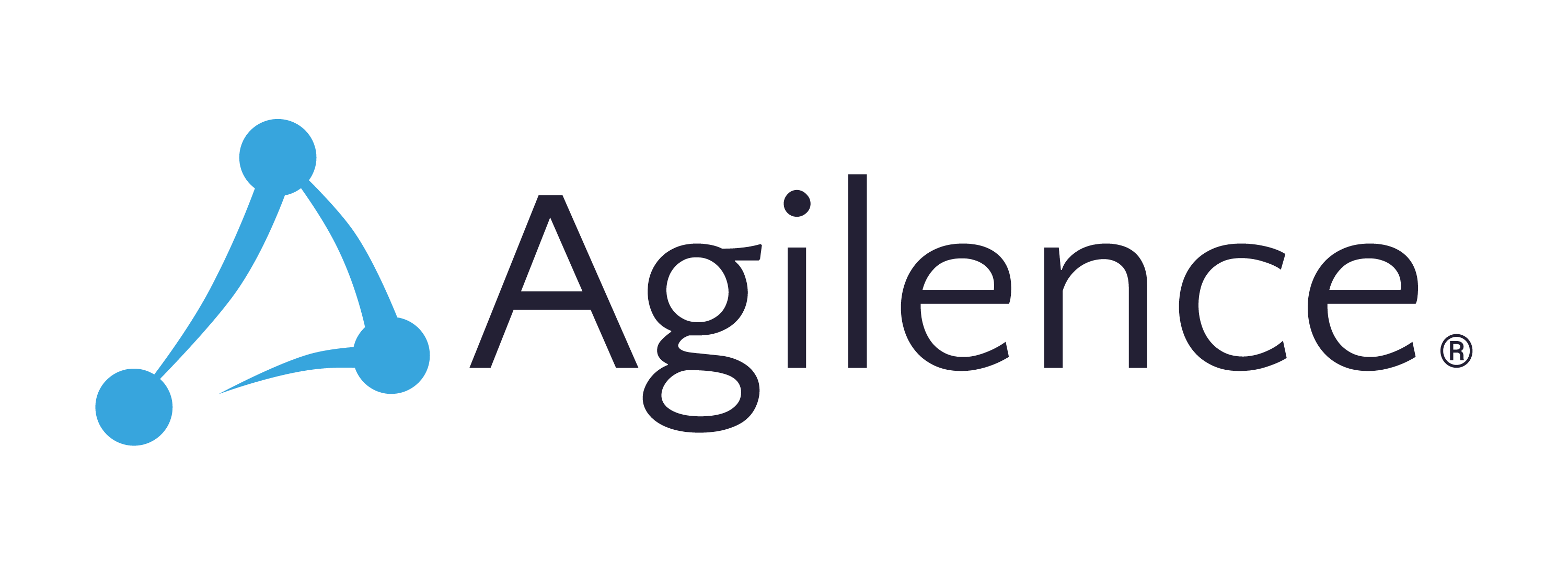General

Related Articles
Subscribe to our blog
Receive free educational resources like exclusive reports, webinars, and industry thought leadership articles straight to your inbox.


Analytics
Reduce shrink and improve margins by minimizing preventable loss with powerful data analytics
Analytics Plus
Automate your loss prevention with expert consultants and industry-leading software
Case Management
Track, document, and analyze all the details surrounding your investigations
Audit Management
Streamline and simplify your store audit creation and management
Artificial Intelligence
Leverage machine learning models to identify high-risk transactions
Modules
Expand the functionality of Agilence Analytics with our custom modules
Integrations
Connect Agilence Analytics with the tools you already use
Retail
Get a grip on all your data to minimize total retail loss
Restaurants
Avoid fraud, theft, waste & compliance issues
Grocery
Combat theft, markdowns, human error, and perishable shrink
Convenience
Compare store performance and forecast fuel sales
Pharmacies
Automate your diversion programs and track controlled substances
Hospitality
Tackle fraud detection, revenue assurance, and occupancy analysis challenges
Loss Prevention
Increase profit by reducing preventable loss
Operations
Improve margins with actionable insights
Finance
Understand your operations across the enterprise
Marketing and Promotions
Improve promotional performance faster
Executive Leadership
Access all your data and metrics in one place
Understanding the ROI of the Agilence Platform
An in-depth return on investment (ROI) analysis for Agilence customers by Drive Research.
Agilence AI: From Data To Smart Detection
Agilence Senior Director of Product Management Keneavy Krenzin demonstrates how our AI tools detect high-risk transactions, streamline fraud investigations, and enhance data exploration with natural language queries for smarter decision-making.
Return Fraud Guide
In this comprehensive guide. we explore essential topics such as the definitions and impact of return fraud. the common types of fraudulent returns. and the connection between organized retail crime and return fraud. You will also find practical steps to prevent return fraud and insights into how modern technology can be used to fight back.
 Pedro Ramos
Pedro Ramos

As many retailers know, feedback can be a powerful tool. You could make an argument that feedback should be one of the tools that every retailer should be using. But what makes feedback so special? When done properly it gives you a great idea of how you are doing, how you are perceived, and how things need to change to make your stores a better place to shop and work. That “and” is important here, because obtaining feedback from employees as well as customers can go a long way in improving your bottom line, and can even help prevent fraud and other losses over time.
We live in a world now where most employers are trying to develop a unique culture for their company. One of the easiest ways to start developing your culture is to ask your employees what they want out of their experience, and what they expect from you. Allowing them to have a say in how the culture develops will make them feel closer to the organization, which not only builds employee loyalty but improves attitudes. Having input on culture can also help to improve your hiring process. When you know how your employees feel you have a much better idea of who will fit best in the culture you have created.
This combination of feedback and culture can have a great effect on loss prevention. For one, when employees are happier they tend to stay away from participating in fraudulent activities. It’s simple psychology that any organizational behavior scholar will agree with. Also, when employees feel a greater connection to their employer – like when they are part of the culture building process mentioned above – they are more inclined to point out when someone else is committing fraud in order to protect the organization that they are invested in.
Obtaining employee feedback can also help to prevent unintentional losses. Say for example you run a monthly buy-one-get-one promotion, and whenever this promotion runs you notice a spike in voids. High voids are typically a good indicator of fraud, but in this case asking your employees for feedback on the promotion may indicate something else at work. The sale may not be functioning properly, forcing your associates to void the second “free” item whenever it is scanned. Left to your own devices I don’t doubt that anyone reading this would be able to solve this case, but creating an open line of feedback would help save quite a bit of time and resources in a situation like this one.
Gaining feedback from your employees doesn’t have to be difficult, it can be as simple as walking up and asking them what they think. You can also include time for feedback during employee performance reviews, or maintain the famous suggestion box in your office. No matter how you decide to take feedback within your organization, be sure that it is based on an open door policy that all employees are aware of. Ambushing employees with unannounced questions is that fastest way to get false responces, and that’s that last thing you want here. After all, feedback may help to make your job a little easier too, so make sure it’s good feedback.



Receive free educational resources like exclusive reports, webinars, and industry thought leadership articles straight to your inbox.